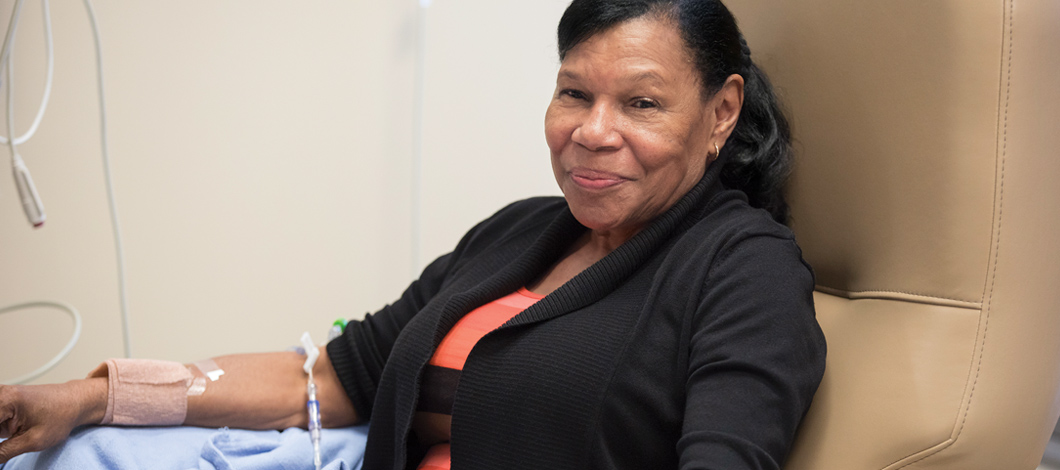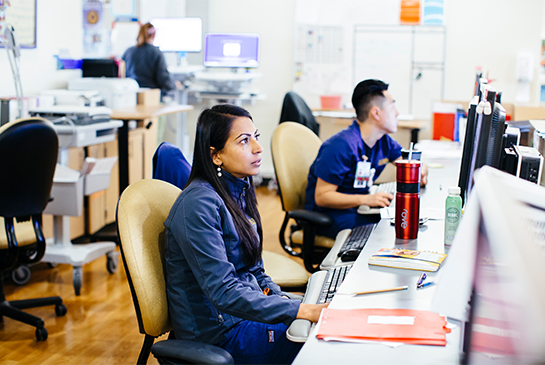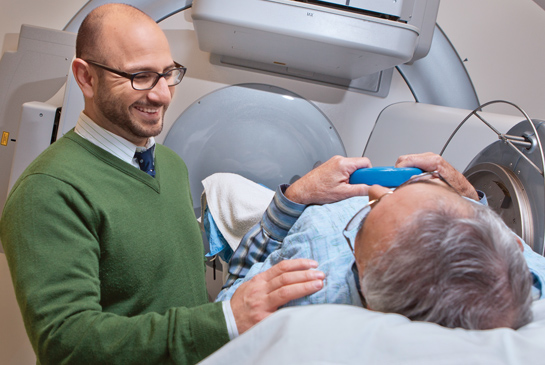Clinical Trials
Deciding to Participate in a Clinical Trial

The first step in deciding whether a clinical trial is right for you is to talk with your doctor.
You may also call us to schedule an appointment with one of our cancer specialists or contact a clinical trial coordinator.
- A physician that is legally responsible for the conduct of the clinical trial must evaluate you. Although you may seem eligible for a trial, a specialist may not think the treatment being tested in the trial would provide benefit to you or your particular cancer.
- If a trial is recommended for you, you will be invited to participate in the informed consent process and be fully informed of all aspects of trial participation. Only after you agree that all your questions have been answered, will you be invited to sign the consent form for participation. Your participation is voluntary and you can withdraw consent at any time.
- A series of protocol-specific procedures, steps in the clinical trial approved by the FDA, will be conducted to ensure that it is safe for you to participate in the trial.
- If it is deemed safe for you, you will be enrolled into the trial and your study treatment will begin.
Writing down question to ask your doctor ahead of time can be helpful — but don’t hesitate to ask any new questions that come to mind while you’re at your appointment. It’s a good idea to bring a pen and notebook so you can write down the answers as well. When you talk with your doctor or members of the research team about a clinical trial, consider taking a family member or friend along. It can help to have another person to ask questions you don’t think of and to help take notes.
- What is the purpose of the trial?
- How are trial results and patient safety being checked?
- How long will the trial last?
- What are the potential short- and long-term benefits?
- What other options do people with any type of cancer have?
- How do the possible risks and benefits of this trial compare with those options?
- What kinds of therapies, procedures and/or tests will I have during the trial and would I have them if I did not participate in the trial?
- Will I be able to take my regular medications while in the clinical trial?
- Where will I receive my medical care?
- How might being in this study affect my daily life?
- May I talk to other people in the study?
- May I leave the trial at any time?

Contact Information for Clinical Trials
All cancer clinical trials, including Phase I: 916-382-6970 or ocrreferral@ucdavis.edu


